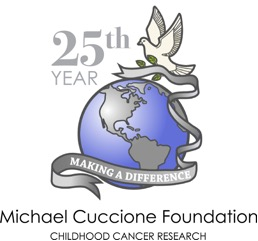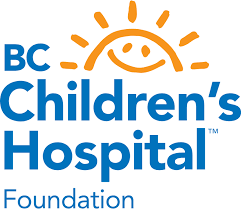Immunity, Immune Response & Bone Marrow Transplant (I/IR/BMT)
In 1999, 28 per cent of all organ transplantations performed in Canada were allogeneic blood and bone marrow transplantations, making it the second most common type of transplantation after kidney transplants. Transplanting the donor’s immune system in allogeneic graft results in multiple organ rejection in the host, a process called graft-versus-host disease (GVHD). More alternate donors are now being used, resulting in an increased frequency and severity of acute and chronic forms of GVHD. Because of this, GVHD is now the major limitation for a successful BMT outcome.
The goal of the Immunity, Immune Response, and BMT research team is to clarify and explain the mechanisms of GVHD prevalent following bone marrow transplants that treat childhood leukemias. The research team also develops and evaluates therapies to overcome GVHD. Our investigators were the first to establish that 4-aminoquinolones prevent GVHD by inhibition of antigen presentation in preclinical models, and investigators are combining clinical trials of this reagent together with studies of the immune signaling pathways inhibited by this reagent. They also focus on the immune mechanisms that regulate bone marrow transplant success or failure in patients with acute lymphoblastic leukemia (ALL).
In addition, investigators are working collaboratively to develop immune-based therapies to combat childhood leukemias. The first goal of this research is to develop strategies to maximize immune responses in patients without the need to transplant. A second area of study is investigating the possibility that some forms of childhood leukemia may ultimately be preventable.

